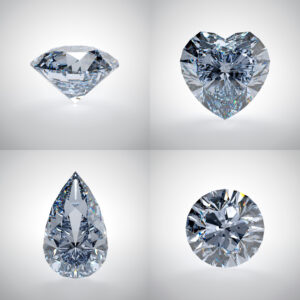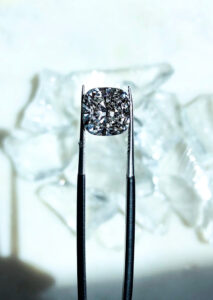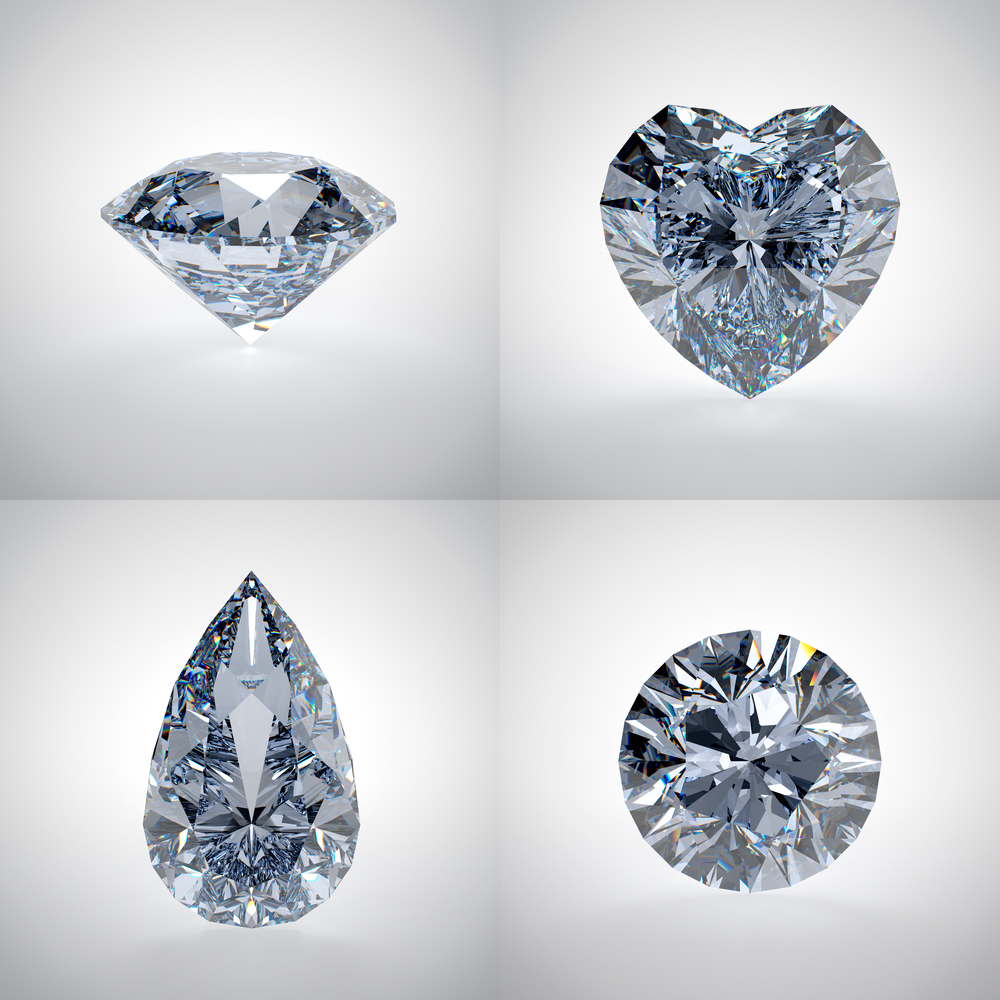
Artificial diamonds, also known as lab-grown or synthetic diamonds, have gained popularity in recent years as an alternative to natural diamonds. These man-made gems offer similar optical and physical properties to natural diamonds but at a fraction of the cost. While they may seem like an appealing choice, there are several reasons why this might not be the right time to buy artificial diamonds.
Quality And Value Concerns
One of the main concerns when purchasing artificial diamonds is the quality and value they offer. While lab-grown diamonds can closely resemble natural diamonds, there can be variations in terms of color, clarity, and overall quality. The value of artificial diamonds also tends to depreciate rapidly compared to natural diamonds, which can hold their value or even appreciate over time. Therefore, if you are considering purchasing a diamond as an investment, natural diamonds may be a more reliable choice.
Market Uncertainty
The market for artificial diamonds is still relatively new and evolving. As with any emerging industry, there is a level of uncertainty surrounding the future of lab-grown diamonds. The demand for these diamonds could potentially change, which may affect their value in the long run. If you are looking for a stable and established market, natural diamonds have a proven track record and a well-established global industry supporting them.
Limited Resale Opportunities
Another factor to consider is the limited resale opportunities for artificial diamonds. Unlike natural diamonds, which can be easily resold through various channels such as jewelry stores or auctions, the secondary market for lab-grown diamonds is not as well-developed. This can make it challenging to find buyers willing to purchase artificial diamonds at a fair price. If you anticipate the need or desire to sell your diamond in the future, natural diamonds offer more flexibility and a wider range of potential buyers.
Technological Advancements
The field of diamond synthesis is continuously evolving, and new technologies are being developed to create lab-grown diamonds more efficiently and at larger sizes. As technology advances, the cost of producing artificial diamonds is likely to decrease, potentially leading to even lower prices in the future. By waiting for further advancements, you may be able to purchase lab-grown diamonds at even more affordable prices down the line
Ethical And Environmental Considerations

While artificial diamonds are often marketed as a more ethical and environmentally friendly choice, it’s important to delve deeper into these claims. The energy-intensive process of creating lab-grown diamonds and the use of chemicals raise questions about the environmental impact of their production. Additionally, concerns have been raised about the working conditions in diamond laboratories. If ethical and environmental factors are important to you, it is crucial to research and consider the complete lifecycle of both natural and lab-grown diamonds.
While the allure of affordable and visually appealing lab-grown diamonds may be tempting, it is crucial to consider the factors mentioned above before making a purchase. Quality and value concerns, market uncertainty, limited resale opportunities, technological advancements, and ethical considerations are all important factors to evaluate. Before deciding on whether to buy artificial diamonds, it is advisable to thoroughly research and assess the current market and your personal preferences. By taking the time to make an informed decision, you can ensure that your diamond purchase aligns with your long-term goals and values.
